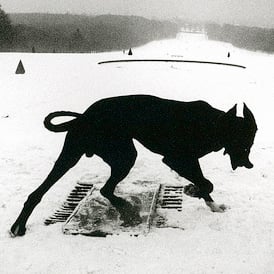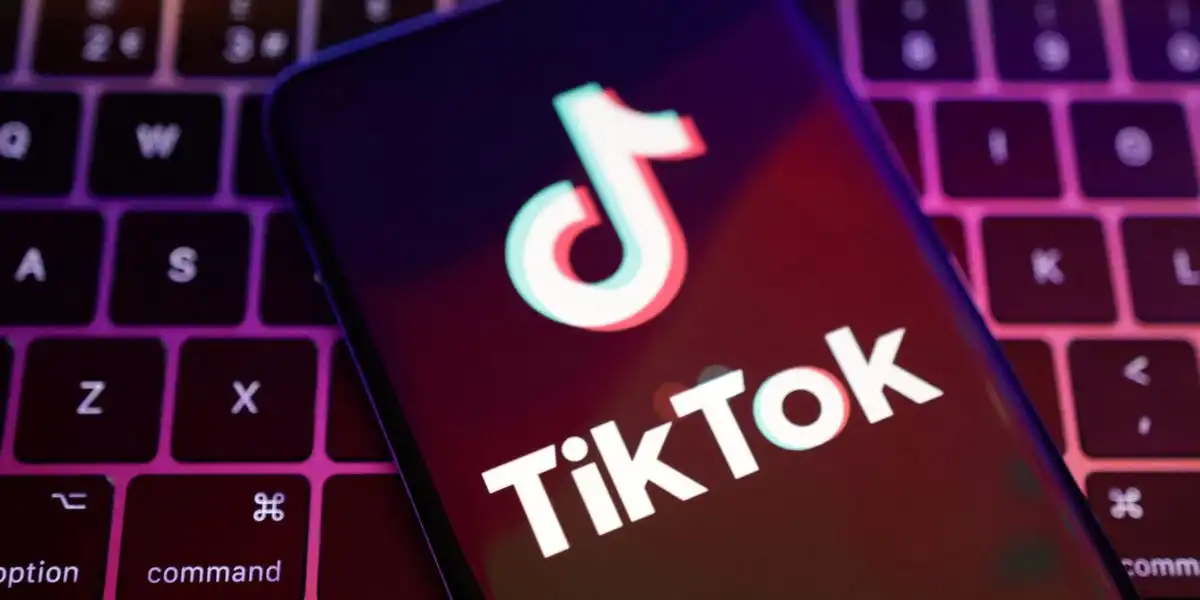This headline seems dubious on the face of it.
Did the study results actually show this? If so, could simply spending more time online account for doing worse on this test?
Also, just for fun, you can take the test here. I got two wrong and I have no idea which ones they were 😅
Well, there’s also data that shows that boomers share more misinformation. https://www.rollingstone.com/culture/culture-news/boomers-misinformation-facebook-study-1005148/
But that doesn’t necessarily mean they believe more of it.
Anyway, I very much missed a “could be true but not idea because I don’t know anything about that country” and a “could be exaggeration of real thing” button in that test. So I guess a problem could be that the survey tests for general knowledge and not gullibility.
deleted by creator
I agree - one of the obvious limitations of the test is that some of the more ambiguous headlines need more context before you can confidently decided whether or not they contain misinformation. Perhaps younger participants were generally less lucky in selecting the correct answer?
🎉 Congratulations! You’re more resilient to misinformation than 96% of the US population! I got a 20/20. As they say, the youngins have a skill issue.
I got a 19/20, and it reports the one missing point as being slightly skeptical. I’m guessing it was this headline, which I marked as fake: “International Relations Experts and US Public Agree: America Is Less Respected Globally.”
I feel like this is actually a test of two things: first, can you recognize the form that headlines tend to take? and second, can you recognize the kinds of things the media would be willing to say? The reason I marked that headline as fake is because it sounds slightly more casual than I’d expect.
So it’s no surprise that boomers would be able to answer those particular questions with more accuracy, because they grew up with headlines looking like the “real” headlines in the survey. Or put very bluntly, this is primarily a survey of how in-touch you are with boomers’ mode of journalism.
Boomers score highest on this test.
Stop the presses.




